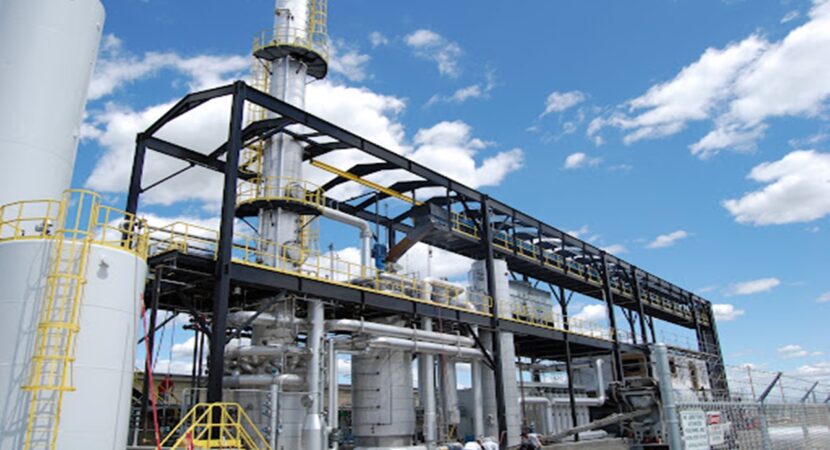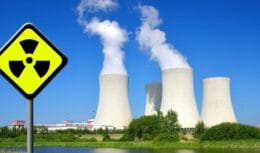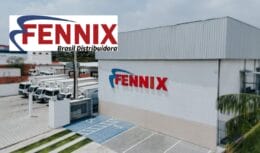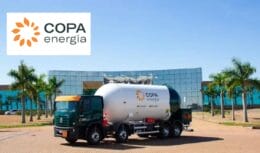
A-5 energy auction, held in September this year, marks the birth of the Brazilian energy market from waste-to-energy (WTE) plants
The president of ABREN (Brazilian Association for Energy Recovery of Waste), Yuri Schmitke, commented that the contracting in the A-5 auction of URE Barueri, the first waste-to-energy (WTE) plant in Brazil, will motivate many companies to structure projects such as that of URE Barueri to participate in the next auctions. “There was a positive signal for the market that the Federal Government is interested in providing an environmentally appropriate solution for the management of urban solid waste. We hope that there will be greater balance and equality in the next auctions, which will make many projects viable, such as URE Mauá (80 MW), URE Caju (21MW) and URE Consimares (17MW), among others that are being started in view of the positive economic signal given to the market in this last auction”, he informs.
Read also
- Looking for a job, but don't have experience? Leading multinational in bauxite and aluminum products, invites candidates from all areas and ages for internships and trainees
- Energisa takes solar energy to 200 riverside families in the Amazon; installation ensures continuous, clean and renewable light for residents
- With skyrocketing electricity bill prices, financing solar panel becomes the best option to save energy
- After Ford announced the end of Troller in Brazil, Americans discover that the multinational vehicle manufacturer prepared Troller with Ranger Raptor engine and Mustang gearbox
According to ABREN, the offer in the next auctions should continue with the same price/ceiling until it reaches greater competitiveness and cost reduction, mainly with the organization of the internal market for the manufacture of parts and components, as well as builders capable and prepared for the implementation of plants WTE.
ANEEL's new understanding on values will stimulate a specific Public Call for contracting WTE plants
Through the amendments promoted in Law nº 10.848/2004, Distributed Generation by Public Call took on better contours. Now ANEEL must prepare a new public consultation and remove the previous understanding, that all sources compete with each other, and that the price must be limited to the lowest overall cost.
As a result, the amount defined in Ordinance No. 65/2018, updated at BRL 626,00/MWh, will be enough for distributors to promote a specific Public Call for contracting WTE plants. The justification is given by the fact that they are clean and renewable thermoelectric plants, which generate energy in the load center and bring high attributes to guarantee reliability and stability to the electrical system, in addition to socio-environmental benefits and decarbonization.
Waste-to-energy (WTE) plant, energy generated from garbage, will have space in the first capacity auction in early 2022
Schmitke celebrates the news that WTE will have space in the first capacity auction, in early 2022 and beyond. He believes that the challenge is to find enough energy to make existing WTE projects viable.
The Association intends to constitute projects with environmental licensing to participate in the next auctions, and structure municipal concessions with sufficient garbage tariff to serve the WTE plants. The purpose is to convince society about the importance of WTE plants, as they reduce greenhouse gas emissions by 8 times (5th IPCC Report, 2011), eliminate the risk of contamination of water resources and drastically reduce damage to public health, resulting from poor waste management, which now represents BRL 5,4 billion a year (ISWA, 2015).
In addition, ABREN understands that there must be other contracting mechanisms in addition to regulated auctions. Today there are no subsidies for WTE plants. Only the contracting price is still high, but tends to reduce with the development of a national market. “It would be important to seek mechanisms that would better price the attributes of WTE plants, especially the environmental attribute, which is still awaiting regulation by the MME. With the exclusion of the wire discount (TUSD/TUST), renewable sources and also WTE lost the discount, having been promised that there would be compensation for the valuation of the environmental attributes of each source”, maintains Schmitke.
ABREN hopes that municipal concessions will emerge in a self-production regime to supply fleets of electric trucks and buses with WTE energy
ABREN also hopes that municipal concessions will emerge under a self-production regime to supply fleets of electric trucks and buses with energy from the WTE plant. As in self-production there are no charges and taxes, only the cost of the yarn (which in this case is very low), there is a great incentive to make projects of this nature viable, provided that the company that has the concession for the plant also has the concession for the garbage collection and one or a few bus fleets.
The bank guarantee is given by the concession itself and the tariff for garbage collection and transportation and passenger transportation. Projects of this nature can also be structured with biomethane from anaerobic digestion plants that treat the organic fraction of waste, which will supply fleets of vehicles powered by CNG or LNG.
The perspective of OPEN is that the Federal Government can allocate more energy in the next auctions for WTE plants, allowing the development of a national market, which will reduce costs and bring benefits to all. Schmitke mentioned PROINFA, a Federal Government Program, which in 2004 had the goal of contracting wind, biomass and PCH plants, and which managed to double the goal, which was 10%, and today these sources together account for 20% of our energy matrix, with robust national industry and generation of income and employment for the country.












